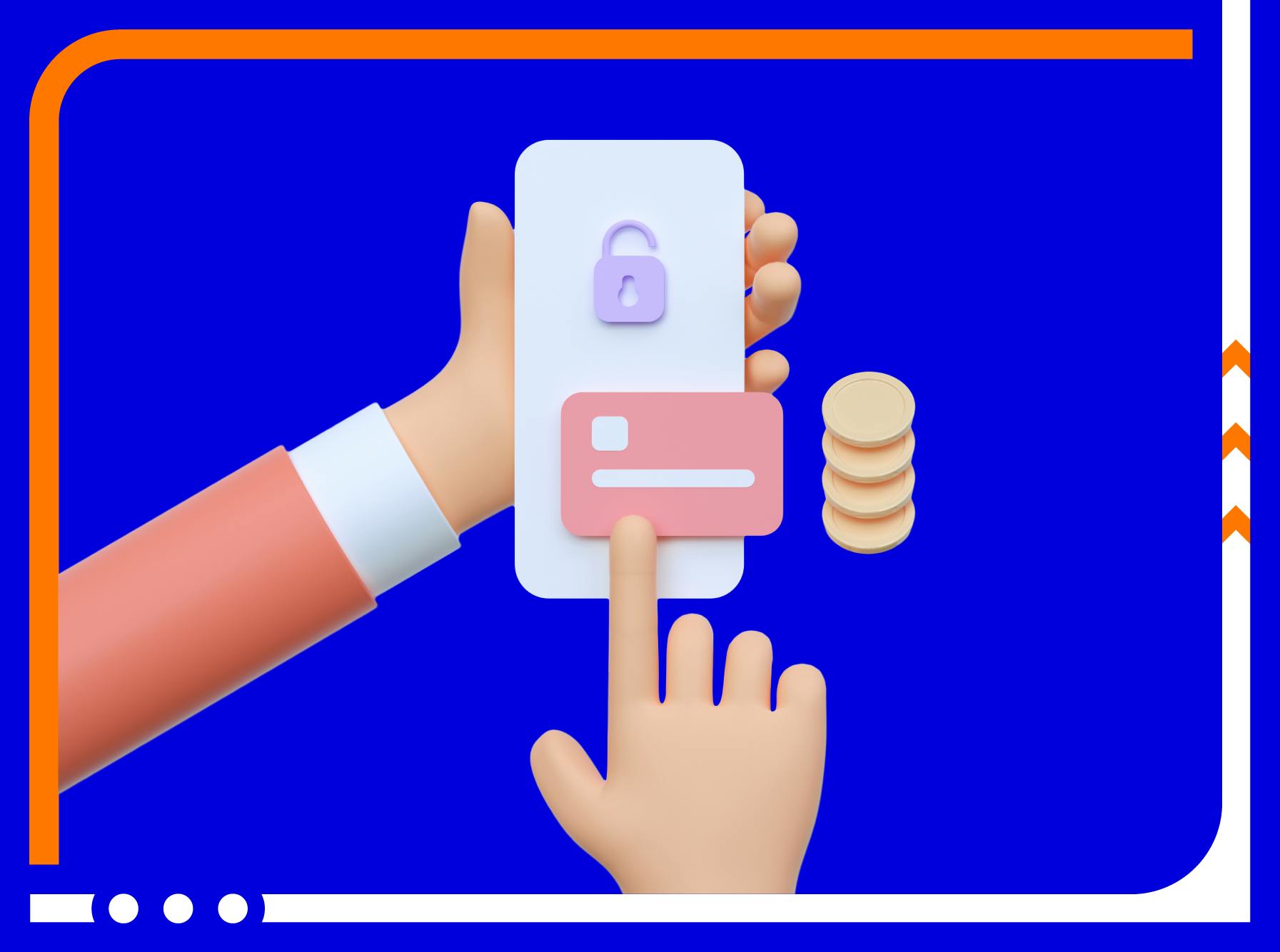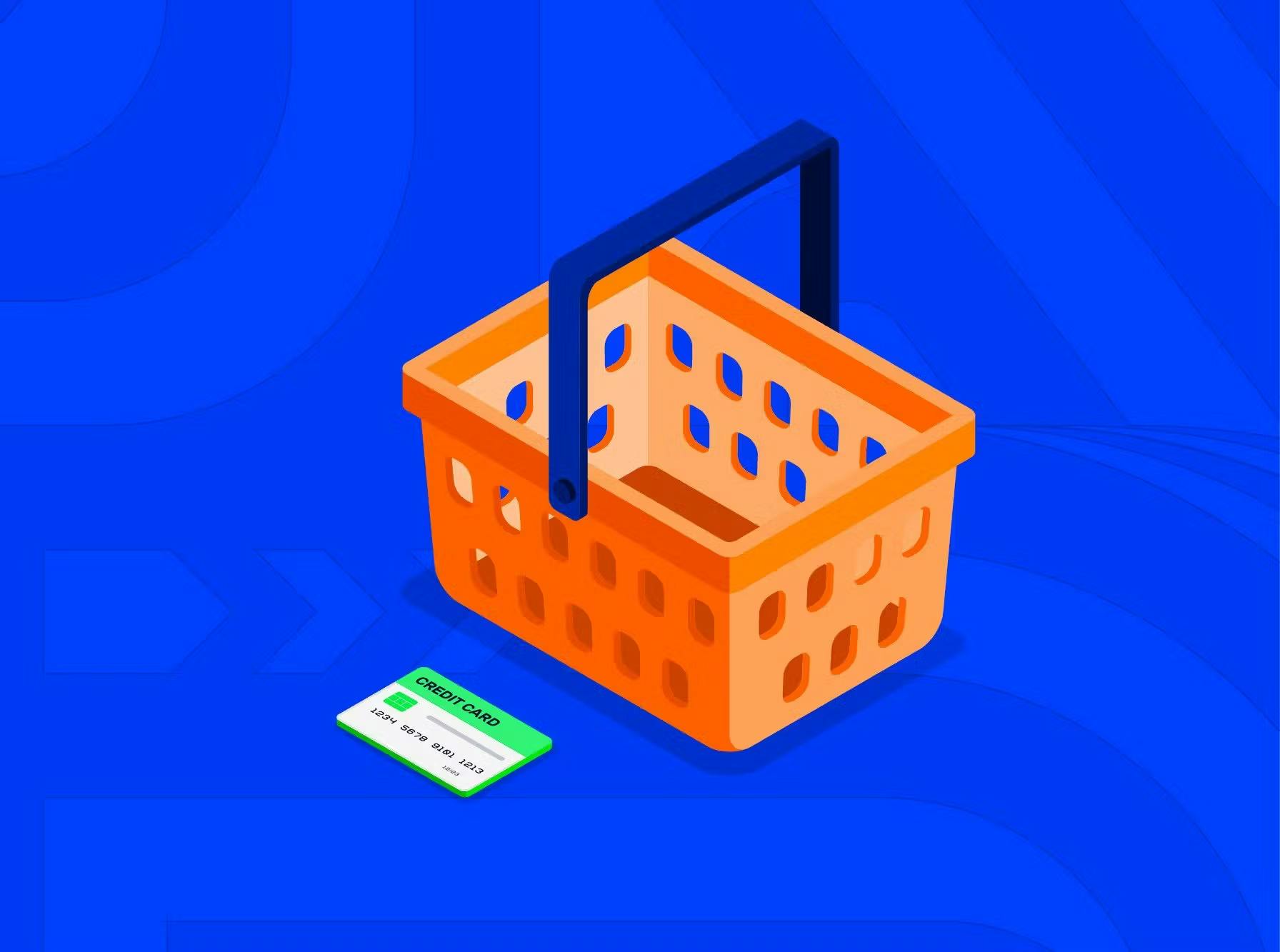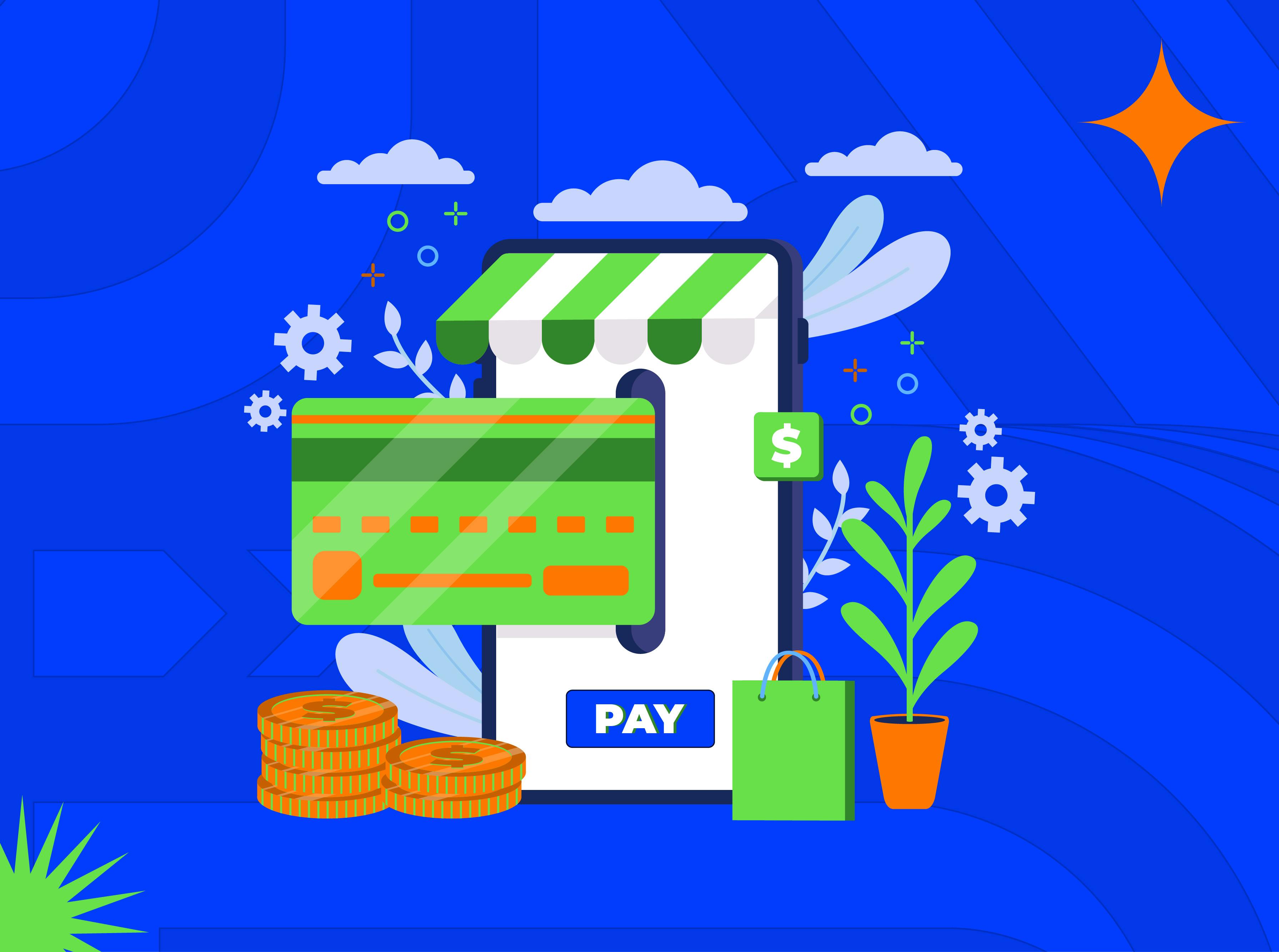Without PCI DSS compliance, secure transactions are nearly impossible. Card payments will be prohibited unless your business is certified as secure. PCI DSS meaning is the cornerstone of safe online payments, ensuring that sensitive customer data is protected at all times. Achieving compliance isn’t just a legal necessity; it’s your gateway to entering the e-commerce world confidently.
If your payment system is compromised, the responsibility lies entirely with you. By following PCI DSS standards or working with a trusted payment provider, you can mitigate risks and maintain a secure payment environment. Let’s explore the benefits of PCI DSS compliance through its 10 core requirements:
Improved Data Security and Customer Trust
PCI DSS ensures encryption, tokenization, and other robust security measures to protect cardholder data. By adhering to these standards, businesses reassure customers their data is safe, fostering trust and loyalty.
Reduction of Financial and Legal Risks
Non-compliance with PCI DSS can lead to fines, legal actions, and reputational damage. Meeting these requirements minimizes the risk of breaches, saving your business from costly liabilities.
Enhanced reputation and customer confidence
A PCI-compliant business signals to customers that it values their privacy and security. This enhances your brand’s reputation and strengthens customer confidence, giving you a competitive edge.
Streamlined operations and efficiency
Implementing PCI DSS requirements encourages businesses to adopt secure and efficient practices. This not only ensures compliance but also streamlines operations, reducing downtime caused by security incidents.
Simplified compliance through trusted providers
Working with PCI-compliant payment providers simplifies your journey to compliance. Providers like Tranzzo take on the burden of adhering to security standards, giving you peace of mind and allowing you to focus on growing your business.
Support for business scalability
PCI DSS compliance prepares businesses to handle growing transaction volumes securely. It’s an essential foundation for expanding into new markets or introducing new payment methods.
Protection against evolving threats
With regular updates to its standards, PCI DSS helps businesses stay ahead of new cyber threats. Compliance ensures your business is always equipped with the latest security measures.
Compliance tailored to your business size
PCI DSS requirements scale with your business. Whether you’re a small retailer or a global e-commerce brand, the standards adapt to meet your specific security needs.
Secure customer experience
What is PCI DSS first role in customer experience? A PCI-compliant payment system guarantees a smooth, safe shopping experience. Users are more likely to return to businesses that prioritize their security and convenience.
Avoidance of chargeback costs
Fraudulent transactions and chargebacks can hurt your bottom line. PCI DSS reduces these risks, protecting your revenue and ensuring better cash flow.
By implementing PCI DSS requirements or partnering with a compliant provider, businesses not only protect themselves from cyber threats but also create a secure and trustworthy environment for their customers. Compliance isn’t just a requirement—it’s a smart investment in your business’s future.




 Most Popular Payment Methods in the World: Analysis by Markets
Most Popular Payment Methods in the World: Analysis by Markets How to Increase Conversions in an Online Store with a Checkout Page
How to Increase Conversions in an Online Store with a Checkout Page How Tranzzo Simplified the Payment Process for Tickets.ua
How Tranzzo Simplified the Payment Process for Tickets.ua Integrating Multiple Payment Methods: Challenges and Solutions
Integrating Multiple Payment Methods: Challenges and Solutions Abandoned Shopping Carts: Why Businesses Lose Revenue and How to Increase the Number of Successful Payments
Abandoned Shopping Carts: Why Businesses Lose Revenue and How to Increase the Number of Successful Payments

